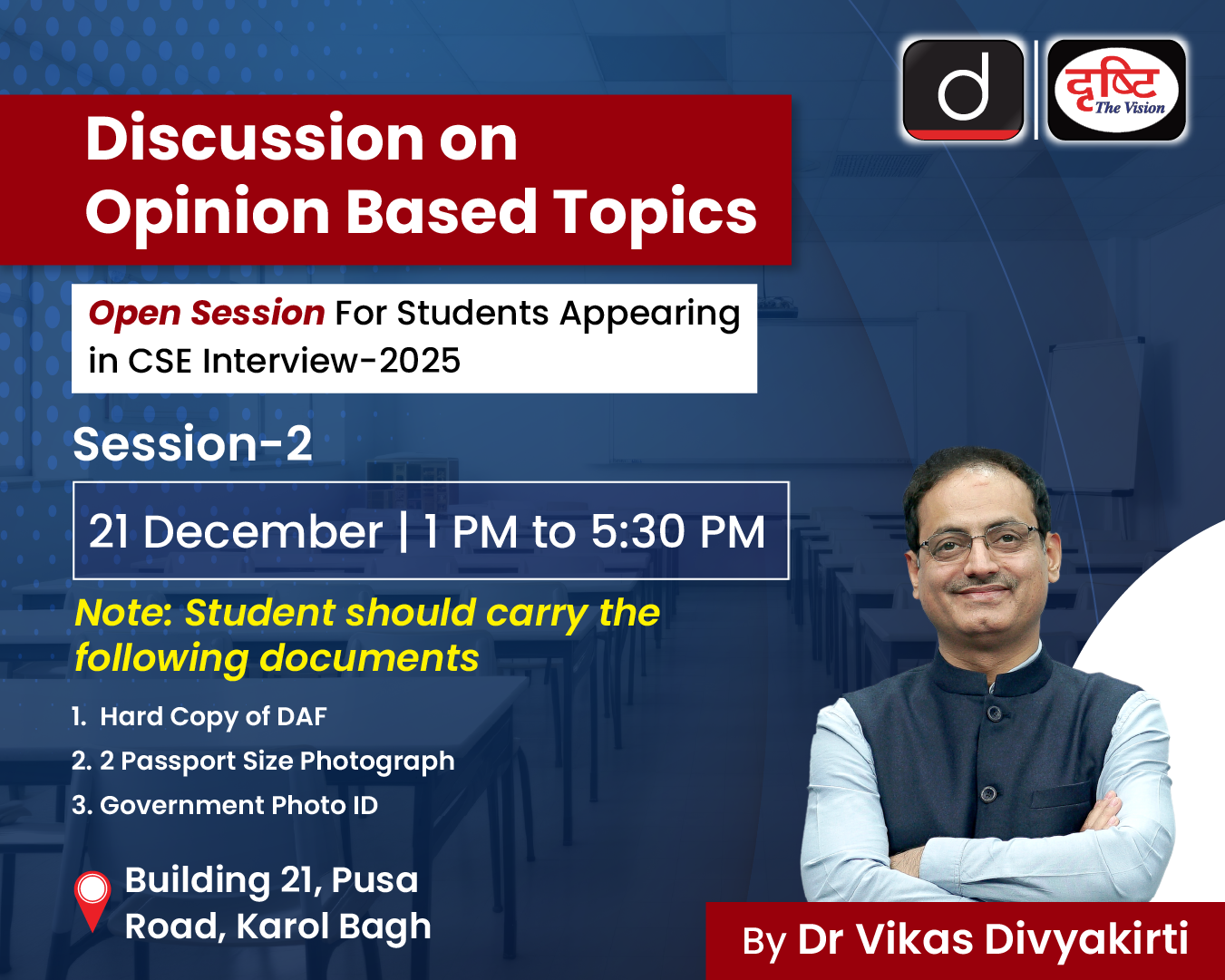- Filter By :
- Polity & Governance
- International Relations
- Social Justice
-
Q. Reforms in the United Nations (UN) are necessary in order to strengthen its effectiveness as a multilateral organization. Discuss in the light of the need for reform in the current UN systems. (250 words)
29 Sep, 2020 GS Paper 2 International RelationsApproach
- Introduce the current status of the United Nations and its success in maintaining peace.
- Explain the need for United Nations reforms.
- Discuss India's stand in United Nations reforms.
- Conclude with a way forward.
Introduction
- The United Nations (UN) is an international organization founded in 1945. It is currently made up of 193 Member States.
- Since its inception, the UN has performed numerous humanitarian, environmental and peace-keeping undertakings.
- For over the five decades, the International Atomic Energy Agency (IAEA) has served as the world’s nuclear inspector.
- UN treaties viz Chemical Weapons Convention-1997, the Mine-Ban Convention-1997 and the Arms Trade Treaty-2014 are the legal backbone of disarmament efforts.
- General Assembly adopted the Universal Declaration of Human Rights in 1948. It has helped to enact dozens of legally binding agreements on political, civil, economic, social and cultural rights.
Body
In recent years, there have been demands for reform of the whole body of the UN. Two basic kinds of reforms face the UN:
- Reform of the organisation's structures and processes.
- Review of issues that fall within the jurisdiction of the organisation.
Need for reforms:
- The UN represents a larger world and the irony is that it's security council has only 5 permanent members.
- Current composition of the Security Council represents the post World War II realities and thus is not in pace with the changing balance of power in the world.
- At the time of the formation of UNSC, big powers were given privileges to make them part of the council. This was necessary for its proper functioning as well as to avoid the failure like that of the organization ‘League of Nations’.
- The regions like far East Asia, South America, Africa have no representation in the permanent membership of the council.
- It is widely believed by the global south or the developing countries that the UN's decisions reflect only western values and interests and are dominated by a few powers.
- Rise of fora like G4 (India, Brazil, Germany, and Japan) as important economies and emerging world powers are pushing after quick UN Security Council reforms.
- Some countries and experts want the UN to play a greater or more effective role in peace and security missions, while others want its role to be confined to development and humanitarian work (health, education, environment etc).
India's stand:
- India believes that she deserves a permanent place in the council considering the size of its economy, population and the fact that it is the largest democracy in the world.
- India has become a major player not only in Asia but also in the world.
- The Security Council would be a more representative body if India would be there in it as a permanent member.
Conclusion
- Reform and improvement are fundamental to any organisation to serve the needs of the changing environment. The UN is no exception.
- In the current world scenario it has become crucial for the United Nations to reform itself and uphold its legitimacy.
To get PDF version, Please click on "Print PDF" button.
Print PDF





